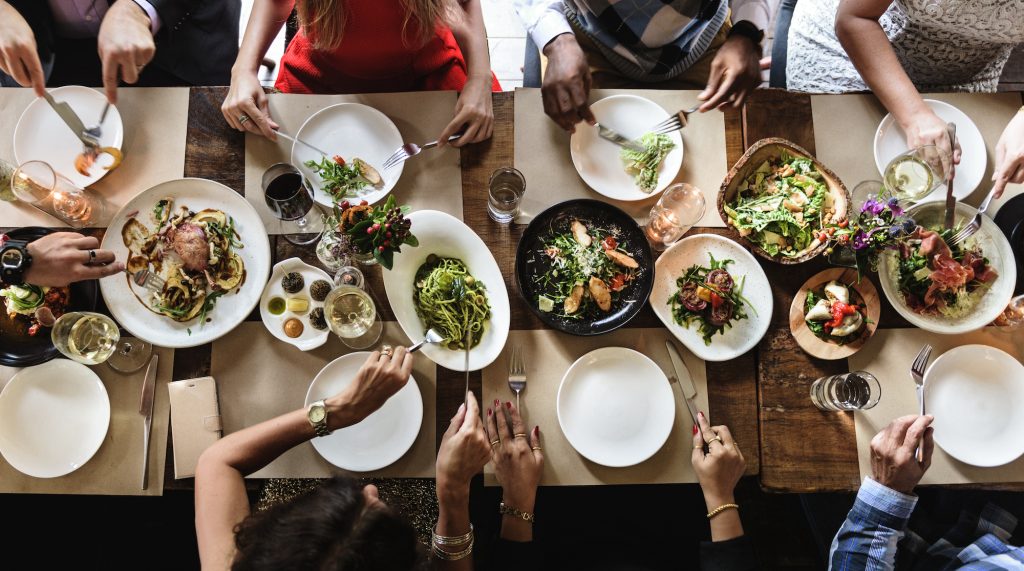
About a week ago, I bumped into a friend of mine in the community. After we went through the usual motions of two people reconnecting after some time apart, our conversation shifted to resistance, mutual aid, and how we’re each finding ways to get involved. I decided to show him the website I’ve been working on and shared the story behind how I got started.
I explained that while this work—compiling resources, sharing information, building networks—isn’t necessarily my deepest passion, it’s something I genuinely enjoy and something I’m good at. I’m skilled in research, communication, and making connections, so I’ve decided to put those strengths to use. Sure, there are days I groan, moan, and need an extra cup of coffee before diving in—but overall, it’s work that feels valuable and meaningful.
Writing, though—that’s my true passion. It’s what I’ve studied, what I’ve honed, and what continues to call to me. I hold a Master’s degree in English with a focus on dystopian fiction, and I’ve spent years sharpening my voice and exploring language. Blog writing is just one facet of that passion, but if this blog—even a single post—reaches one person it could help, then I’ve done something worthwhile for my community. Of course I hope more people find it. Of course I want the resource to grow. But the driving force behind it is simple: making critical, life-changing information accessible to those who need it most.
My friend, who’s been feeling overwhelmed and unsure where to begin, asked how I decided on this particular way to get involved. He’s often hesitant to join protests, especially because as someone from a marginalized group, he doesn’t always feel safe in large crowds. I asked him what his hobbies were, and he laughed and said, “Too many to count. And I’m admittedly bad at keeping up with them once they lose their glimmer—the ADHD and all, you know?”
I laughed too—because I know exactly what he means. I also struggle with ADHD, and I know how challenging it can be to stay committed to something once the initial spark wears off. That’s why I told him that, for me, the most important thing is choosing to focus on what I know I can sustain. That’s what keeps the work going. That’s what makes it real.
One of my friend’s constants is his passion for exercise. He’s not your stereotypical gym bro, but he genuinely values wellness—for his body and his mind. I suggested that maybe he could use that passion to give back. What if he spoke to management at his gym about offering a free “empowerment through movement” class once a month for community members who can’t afford memberships? Or, if the gym wasn’t open to the idea, maybe he could find a local community space and lead a workshop that doesn’t require equipment.
I could see the gears turning. He told me he’d go home and brainstorm with his partner. He loved the idea but worried about how long it would take to get something like that off the ground. I reminded him that not everything needs to happen immediately. In our instant-result-driven society, it’s easy to feel like if something doesn’t happen quickly, it’s not worthwhile—but that’s not the case. Any step forward, no matter how small or slow, is still a step toward something meaningful. I told him to hold on to that if he decided to pursue the idea.
And so I’ll ask you what I asked him: What passions of yours can you put to work?
Maybe you’re not a protestor. Maybe yelling in the streets overwhelms your senses or doesn’t feel like the right way for you to engage. That doesn’t mean you have nothing to offer. We all have skills, interests, and ways of being in the world that can serve the broader movement.
A friend of mine is a brilliant painter. She attends events not to chant, but to paint. Standing quietly on the sidelines, she captures the chaos, emotion, and movement of protests through abstract expression. For some, this might not look like “activism,” but to me, it’s an extraordinary way to preserve the energy and emotion of resistance. Her work opens a different kind of dialogue. It invites people in, provokes thought, and challenges perception.
Art is vital. It allows us to interrogate the world around us, to process complex emotions, and to imagine something new. It encourages discourse, and that discourse fuels growth—and growth is what leads us forward, out of darkness and toward light.
Putting your passion to work doesn’t have to look like anyone else’s version of activism. Maybe you love cooking—what would it look like to organize a weekly community meal or donate home-cooked food to a local fridge or shelter? Maybe you’re a photographer—how might you document moments of joy, resistance, or mutual aid happening in your neighborhood? Do you love gardening? Start a seed exchange, or grow produce to share. Are you fluent in more than one language? Offer translation support for mutual aid groups or protest materials.
The point is: every skill has value. Every interest has a potential place in the ecosystem of collective care.
And when in doubt, remember the words of Joseph Campbell:
“It is by going down into the abyss that we recover the treasures of life. Where you stumble, there lies your treasure.”
So stumble. Get messy. Start small. Stay curious. The work you do doesn’t have to be loud to be revolutionary. Sometimes, it’s the quiet, steady acts—the ones rooted in care and authenticity—that hold the greatest power.

Leave a Reply